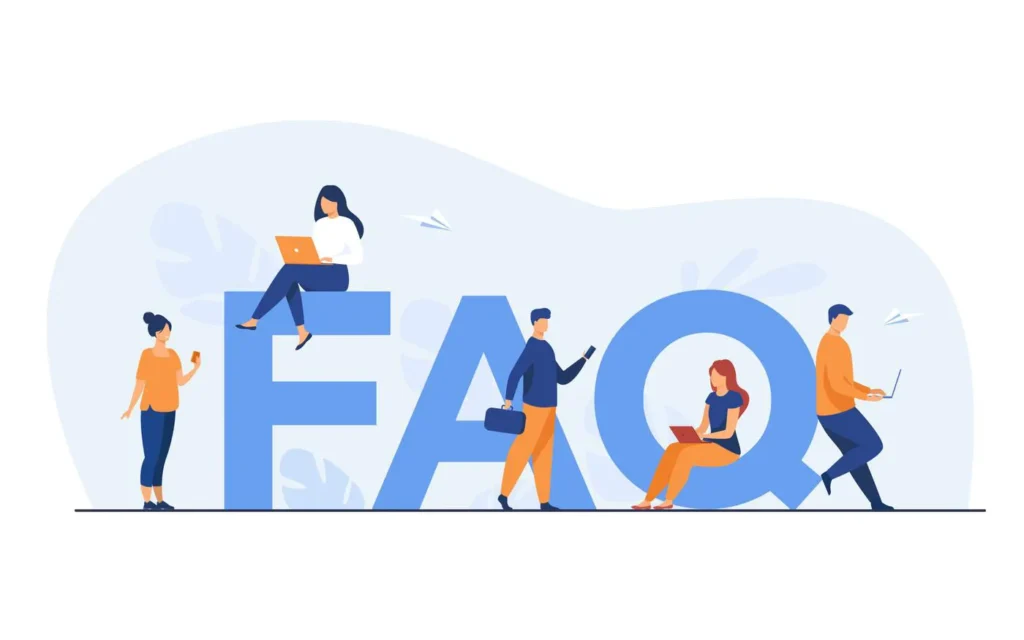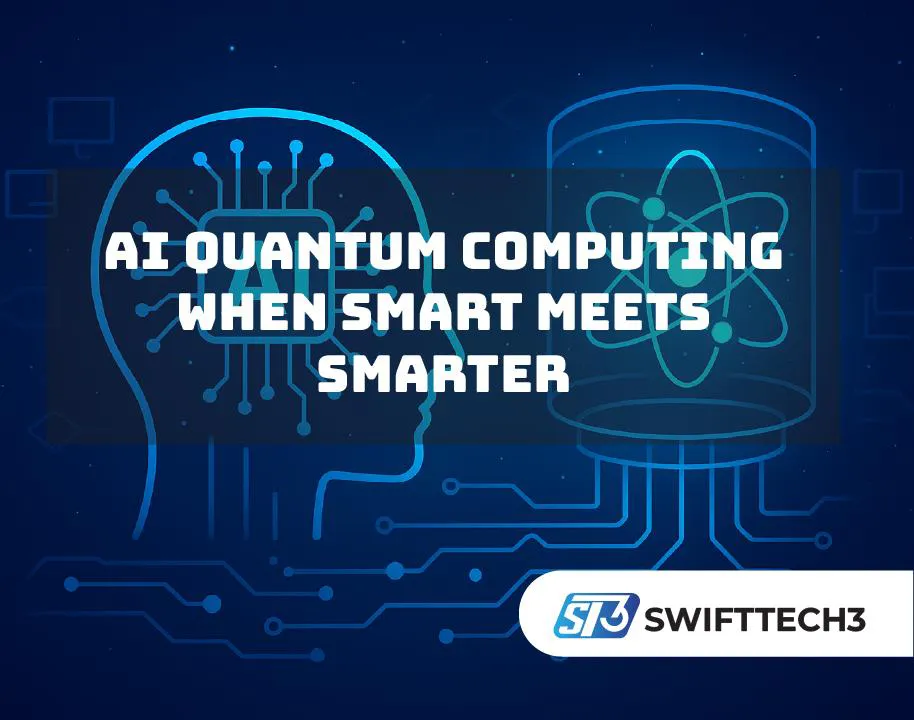Why This Stuff Even Matters
If you’ve been scrolling tech news lately, you probly saw folks talking about ai quantum computing. It sounds like a fancy buzzword mash-up, but behind the hype, there’s real science and a ton of promise.
Basically, it’s about using quantum computers to make AI faster, cleverer, and more powerful – and sometimes, using AI to fix the tricky parts of quantum computing itself. It’s like two geniuses trying to teach each other new tricks, and sometimes they both forget their homework.
We’re still early, but big tech, universities, and labs are already betting this could totaly reshape data science, chemistry, finance, and even climate modeling.
What Is Quantum Computing, Really?
So before we talk about the combo, let’s clear up what quantum computing even is.
Normal computers use bits, which are just 0 or 1. Simple, right? Quantum computers use qubits, which can be 0 and 1 at the same time because of a weird physics thing called superposition. On top of that, qubits can be entangled, which means changing one can instantly affect another, even if they’re far away.
That’s kinda wild — like two dice that always roll the same number even when you toss them in diff rooms.
The catch? These machines are super fragile. They need to be kept at almost absolute zero and even a tiny vibration can ruin the calculation. So yeah, not exactly laptop-friendly.
AI Quantum Computing: Two Techs Colliding
The phrase ai quantum computing just means combining these two worlds. And depending who you ask, it means different things.
1. Quantum Helping AI Go Faster
Quantum computers could speed up certain AI tasks like pattern recognition, optimization or simulation.
Imagine training a neural network that takes weeks on a normal GPU setup – with quantum assistance, it might take hours (well, someday).
For example, researchers are already testing quantum versions of neural networks that can process high-dimensional data much more efficiently than classical ones.
2. AI Helping Quantum Computers Behave
On the flip side, AI can fix or tune quantum systems. These machines get noisy, like really noisy, and AI models can predict the noise and correct it in realtime.
This is kinda like teaching the computer how to debug itself while it’s running. Smart move huh.
3. Hybrid Systems: Mixing the Best of Both
Since we don’t have perfect quantum computers yet, most real setups are hybrid – part classical, part quantum.
You let the quantum part handle the really hard stuff, and the regular computer does the rest. It’s like teamwork, but with physics and math.
Real Examples That Are Already Happening
This isn’t just talk – some big names are actually building stuff.
- IBM has been one of the leaders here. Their research shows how AI models can run partly on quantum circuits using the IBM Quantum Platform, and they even let developers try it out online. You can see what they’re doing right on IBM’s official quantum page.
- Google has their Quantum AI lab, working on optimization and chemistry modeling.
- Microsoft and startups like IonQ and Rigetti are exploring quantum-AI tools for finance and logistics.
So yeah, it’s not sci-fi anymore – just… very, very early.
The Upsides (and the Not So Fun Parts)
Pros
- Speed, like crazy fast, for some algorithms.
- New abilities for analyzing data or modeling nature.
- Energy savings, because quantum may need less power than GPU farms.
- Innovation – it pushes AI to solve bigger problems than before.
Cons
- Hardware is fragile, and super costly.
- Algorithms still experimental – many are just proofs of concept.
- Data loading pain – putting classical data into quantum form takes extra steps.
- Talent shortage – not enough experts who understand both AI and quantum math.
- Hype risk – lots of big claims, few working prototypes.
Sometimes, it feels like everyone wanna join the quantum party but no one really knows where the dance floor is yet.
How They Actually Work Together (A Bit More Nerdy)
When AI and quantum merge, there’s few main ways it happens:
- Quantum Algorithms for AI – Quantum versions of gradient descent, clustering, or kernel methods.
- Quantum Data Simulation – Generating complex data (like molecule behavior) that normal computers can’t simulate.
- AI-driven Quantum Control – Neural nets that optimize qubit performance.
- Variational Hybrid Models – Mixing classical optimizers with quantum circuits to find best solutions.
If that sounds messy, it kinda is. But that’s how science grows – through messy experiments that sometimes blow up and sometimes change everything.
Common Challenges No One Likes Talking About
Alright, time to be honest. This field’s full of cool demos, but also of tough realities:
- Error correction is a nightmare. Qubits lose info easily.
- Scaling – going from 10 to 10,000 qubits is harder than people think.
- Integration – mixing classical and quantum systems creates data bottlenecks.
- Lack of standards – no one agrees yet on best frameworks or programming models.
Even IBM admits that a lot of progress is needed before true quantum advantage appears for AI workloads.
What’s Next in Ai Quantum Computing
Experts believe the next decade will be all about hybrid quantum-AI applications. Not full quantum AI, but classical systems that call quantum functions for optimization or simulation.
We might see real benefits first in:
- Drug discovery
- Supply chain optimization
- Financial modeling
- Climate simulations
It’s like training AI with a superpower, just one that needs a cold room and millions of dollars to work.
Tips If You Wanna Get Started
- Learn the basics – quantum mechanics, linear algebra, and AI fundamentals.
- Use free tools – IBM’s Qiskit or Google’s Cirq simulators are great playgrounds.
- Start hybrid – you don’t need full quantum gear, just understand how to combine both.
- Watch the hype – not every “quantum AI” claim is real.
- Follow research – new updates come every few months and can change the game overnight.
And most important, have patience. This field’s moving fast but it’s also full of dead-ends and surprises.

FAQs
Nah, probably not. It’ll just make it smarter and faster for certain stuff.
Technically, yes. IBM lets anyone try their quantum devices via cloud, but don’t expect miracles.
Maybe 5–15 years before we see large-scale advantage. But hey, we’re already closer than most people think.
Conclusion: The Future’s Gonna Be Weird
So here’s the thing — ai quantum computing is messy, experimental, and not even close to finished. But it’s also one of the most exciting things happening in tech right now.
We’re watching two huge ideas — AI and quantum physics — slowly fuse into something that could change industries, medicine, and maybe how we think about information itself.
Yeah, it’s complicated, it’s imperfect, and it’s full of spelling errors, but that’s how revolutions usually start — not clean, but wild.


